Francesca Bonaiti is receiving the 2024 DAAD prize for international students
 Francesca Bonaiti from the group of Sonia Bacca stands out as one of the top physics PhD students at JGU. Consistently achieving exceptional results in her theoretical research, she has published several papers in peer-reviewed journals. Recognized for her strong potential, she also has collected several invitations to international conferences and has recently secured the prestigious 5-year FRIB theory fellow position in the USA.
Francesca Bonaiti from the group of Sonia Bacca stands out as one of the top physics PhD students at JGU. Consistently achieving exceptional results in her theoretical research, she has published several papers in peer-reviewed journals. Recognized for her strong potential, she also has collected several invitations to international conferences and has recently secured the prestigious 5-year FRIB theory fellow position in the USA.
Francesca Bonaiti's research lies in the field of theoretical nuclear physics. Employing complex computational tools, she studies the behaviour of atomic nuclei immersed in electric and magnetic fields, starting from the strong force binding protons and neutrons together in the nucleus. Her work, deepening our knowledge of nuclear structure, helps in advancing our understanding of the nature of neutron stars.

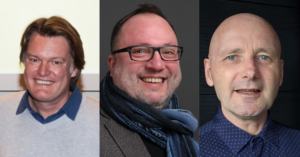
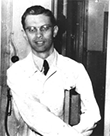
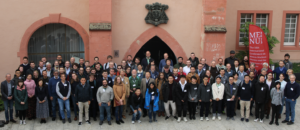

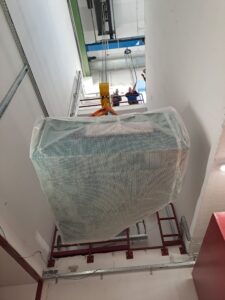
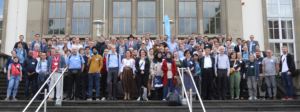
 After years of development work, the new Pixel Vertex Detector (PXD2) was successfully installed in the international
After years of development work, the new Pixel Vertex Detector (PXD2) was successfully installed in the international
 We congratulate Dr. Micro Christmann on the completed dissertation entitled
We congratulate Dr. Micro Christmann on the completed dissertation entitled